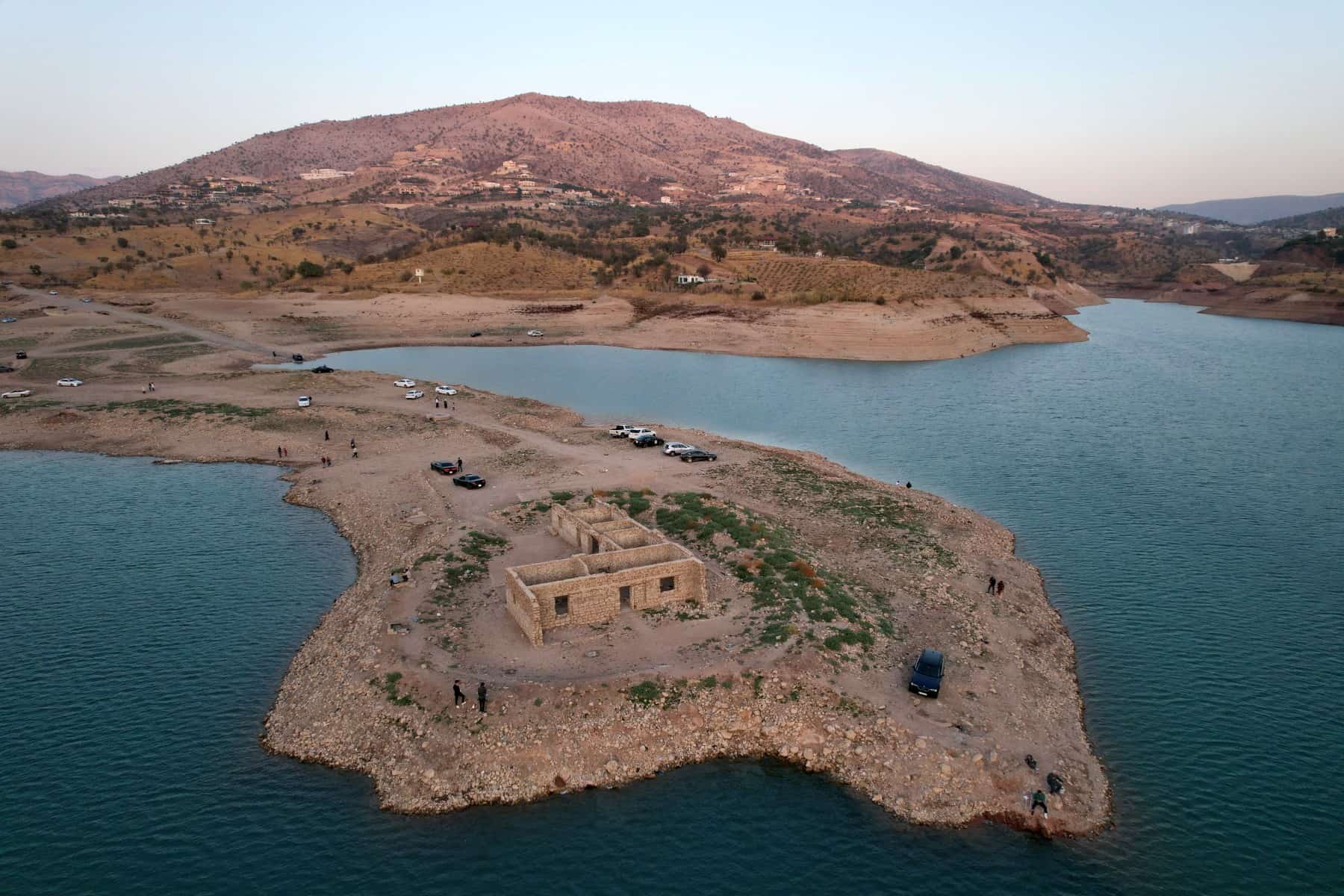Iraq’s water resources have plunged 50 percent since last year, due to repeated periods of drought, low rainfall and declining river levels, a government official told AFP on Thursday.
Oil-rich Iraq, despite its mighty Tigris and Euphrates rivers, is classified as one of the world’s five countries most vulnerable to climate change and desertification.
“Water reserves are far lower than what we had last year, by about 50 percent because of poor rainfall and the quantities arriving from neighboring countries,” said Aoun Dhiab, a senior adviser at the water resources ministry.
Iraq which shares the Tigris and Euphrates with Turkey and Syria, and other rivers with Iran, has often protested that their upstream construction of dams has endangered its water resources.
Dhiab also pinned the blame on “the successive years of drought: 2020, 2021 and 2022”.
“This serves as a warning on how we must use (water resources) in the summer and next winter. We have to take these factors into account in our planning for the agriculture sector,” said the official, who had only earlier this month voiced confidence in the country’s water reserves.
The shortages and drought already obliged Iraq to halve the areas of cultivated land over the past winter season.
In November, the World Bank warned that Iraq, a country of 41 million people, could suffer a 20-percent decline in drinking water resources by 2050 due to climate change.
The Arab state ravaged by decades of conflict and sanctions needs to invest $180 billion over the next two decades on infrastructure, building dams and irrigation projects, according to the World Bank.
But only $15 million, or less than 0.2 percent, was allocated to the water resources ministry in Iraq’s 2018 budget.








